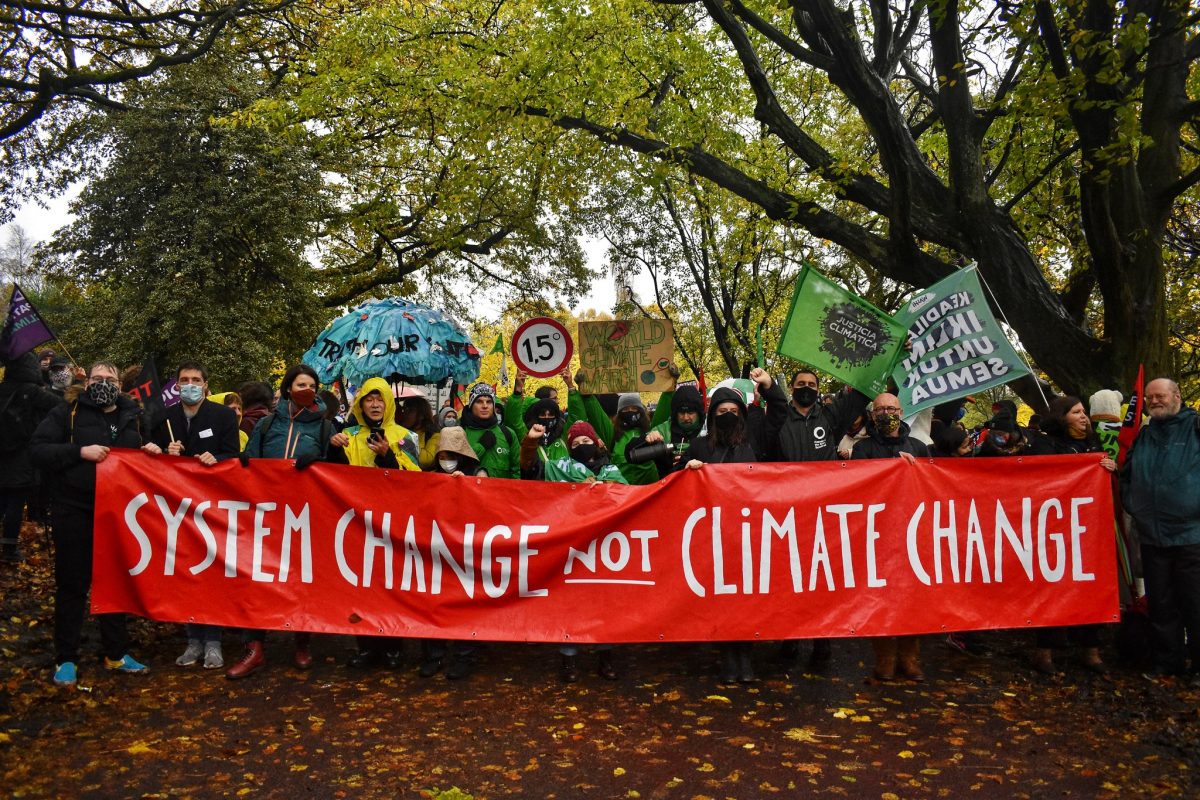
Reaction to UN Report on land and climate change
United Nations climate experts, the IPPC, have today (Thursday 8 August) released a Special Report on Climate Change and Land which explores how the way we use our land contributes to climate change and how climate change affects our land.
Key findings from the report:
*Managing land more sustainably is vital to address the climate crisis
*Moving away from large scale, intensive meat production is a major way to reduce climate emissions and pressure on land
*Large-scale bioenergy (growing crops to burn for energy) will take land away from food production or natural ecosystems.
Friends of the Earth Scotland climate campaigner Caroline Rance commented,
“The IPCC Special Report on Land and Climate Change warns that the way we’re currently treating our land, from intensive, industrial agriculture to planting vast areas of land with just one type of tree, is wrecking our ability to tackle the climate crisis.
“In Scotland, agriculture and land use is responsible for almost a quarter of our climate emissions every year; we urgently need to switch to more sustainable farming practices and restore our damaged peatlands and forests to enhance their capacity to store carbon.
“The report also highlights the importance of reducing large scale, industrial meat production if we want to improve human and planetary health. Governments need to end support for huge industrial agribusiness and instead encourage more sustainable methods of farming and land use.
“The Scottish Government has begun to talk about growing biofuel crops in Scotland for energy, but this report makes clear that large scale bioenergy is not a solution to the climate crisis and highlights the dangers of using land for fuel instead of food. These unproven technical fixes will not solve the climate crisis and we can’t let this happen.
“We’re living in a Climate Emergency and the Scottish Government must begin to act like it. This means ending their support for new oil and gas exploration, getting to grips with our polluting transport system and reducing the climate impact of our agriculture and land use.”
Notes to Editors
The report includes over 100 scientists from 52 countries who are assessing the latest scientific knowledge about climate change, desertification, land degradation, sustainable land management, food security, and greenhouse gas fluxes in terrestrial ecosystems. Their interlinkages as well as synergies, trade-offs and integrated response options will be examined.
The IPCC Special Report on Climate Change and Land is available at ipcc.ch/report/srccl
Scotland’s new Climate Change Bill has passed Stage 2 at the Scottish Parliament. It has been heavily criticised for failing to significantly increase action or ambition in cutting climate emissions in the crucial period before 2030. It currently aims for Scotland to be ‘net-zero’ climate emissions by 2045.
Friends of the Earth Scotland are part of the Scottish Food Coalition. The coalition wants to transform our food system in Scotland so that it contributes to everyone’s health and wellbeing, values the work to put food on our plate, supports high animal welfare, and sustains our wildlife, natural resources and environment for generations to come. www.foodcoalition.scot/our-core-principles.html
Friends of the Earth Scotland is
* Scotland’s leading environmental campaigning organisation
* An independent Scottish charity with a network of thousands of supporters and active local groups across Scotland
* Part of the largest grassroots environmental network in the world, uniting over 2 million supporters, 75 national member groups, and some 5,000 local activist groups.
www.foe.scot
